 When you first see the delicate paintings of Bruno Schulz you are reminded of fine Italian frescoes.
When you first see the delicate paintings of Bruno Schulz you are reminded of fine Italian frescoes. A delicate aristocratic lady glances over her shoulder, perhaps at someone at an 18th century ball.
A delicate aristocratic lady glances over her shoulder, perhaps at someone at an 18th century ball. A dashing rider in a horse drawn cart wears a jaunty hat. He looks very Napoleonic and regal, and the horses are beautifully drawn suggesting high stepping animation with a few deft strokes.
A dashing rider in a horse drawn cart wears a jaunty hat. He looks very Napoleonic and regal, and the horses are beautifully drawn suggesting high stepping animation with a few deft strokes. The paintings are done on intriguing forms, adding to feeling of frescoes excavated from an ancient wall.
The paintings are done on intriguing forms, adding to feeling of frescoes excavated from an ancient wall.This is the beautiful work of Bruno Schulz who was a Polish-Jewish writer and artist.

I read the New York Times everyday. It gets delivered to my door. It's a little luxury I never take for granted (including the morning coffee that comes with it, brought to me along with the paper to me in bed by my dear Alberto).
Sometimes a story just jumps off the page, and I just have to share it with you. I do pause, because I think, well gee anyone can read it (online) if I can. But I realize not all of you do have time to read The New York Times, so I present a few things once in awhile in digest form for you.
 This is one quote of many from The New YorkTimes article that gripped my heart, and made me instantly want to share this:
This is one quote of many from The New YorkTimes article that gripped my heart, and made me instantly want to share this:Landau did save Schulz for more than a year, until November 1942, by providing him with work and the means for minimal sustenance. Schulz, whose literary reputation as a short-story writer had already been established, had obtained false Aryan papers and was about to escape when another Gestapo sergeant, Karl Günter, angry that Landau had killed his Jewish dentist, put a bullet in Schulz’s head. He is said to have told Landau: “You killed my Jew. Now I’ve killed yours.”
Landau was the Nazi, and Schulz was his Jewish camp prisoner. You can read the entire story HERE

The house of the Nazi officer Felix Landau
and above, the walls where Schulz drew his murals
I haven't told you everything so do go HERE





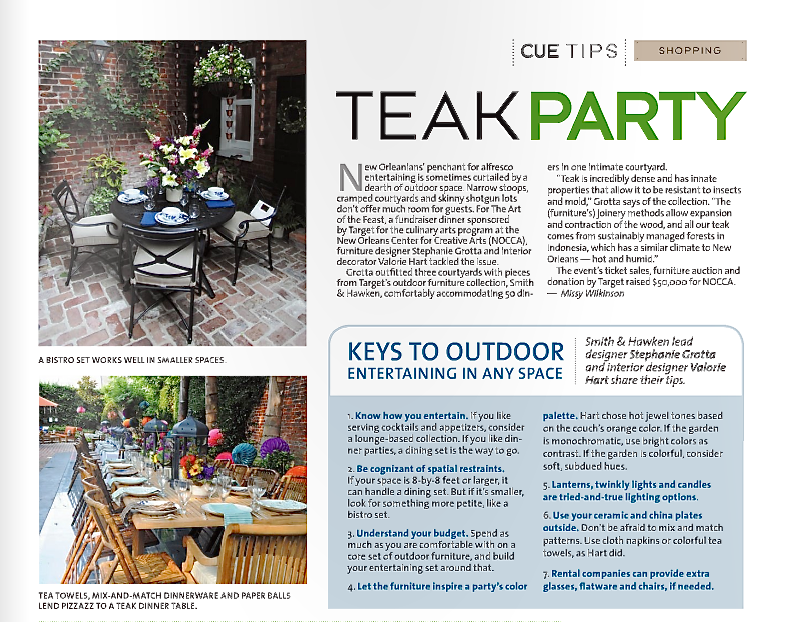




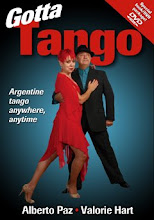


























































































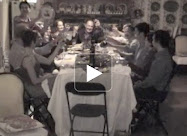


















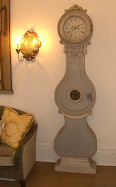.jpg)









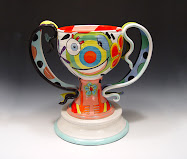
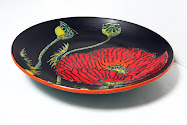

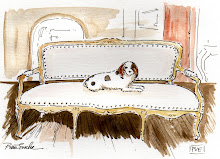



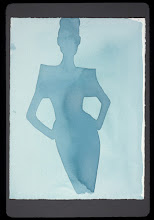

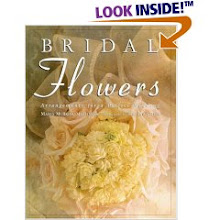
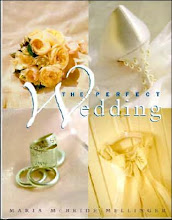


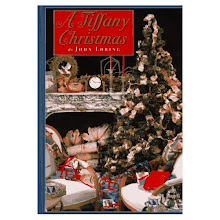
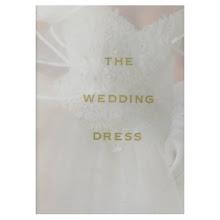
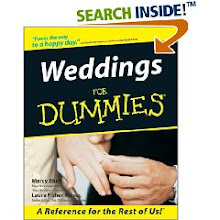


7 comments:
V-
so many great & innocent people were all but destroyed by the NAZI's.
Imagine your worst crime ' being Jewish'.... and so, in the eyes of the Nazi's , you had no worth.
big X
The cruelty in this World is overwhelming to me.
As a Jew, stories like this one really feel personal.
They make me proud of my heritage and the strength of people like Bruno Schulz.
Thank you for the link to the whole story. I loved the fact that he painted himself at the reins of a horse as an act of defiance.
I plan on reading it to my children. It is important for all of us to understand our history.
xo
Brooke
Thank you for posting the story on Bruno Schultz-- yes your instincts were correct to put it on your blog -- Jill is correct the cruelty in this world is overwhelming, and Brooke is correct that the story needs to be told of the strength of the spirit of the people who left their story to be told -- The delicacy and fragile beauty in his murals is at once ethereal and indelible through his art and poetry he left for future generations to see as a reminder of the pain and struggle of oppression. Joanny
It's a sad and beautiful story. A truly gifted artist whose life ended violently and too early. His art remains, fought over, cherished, and haunting.
Great artist - still admired in Poland and perceived as Polish.
He is a legend.
Great post!
So heartbreaking, but I'm glad you shared the story as I did not know about this talented artist and writer. But now I do. There are, unbelievably, people/groups who say the horrors committed by the Nazis were overblown or erroneous. I'm glad you posted Bruno Schultz's story because we need to remember that all those things really did happen, and to make sure the next generation knows as well. In the midst of all the beauty, it's okay to pause and remember how fragile freedom is, and to be grateful for the large portion we enjoy.
Post a Comment